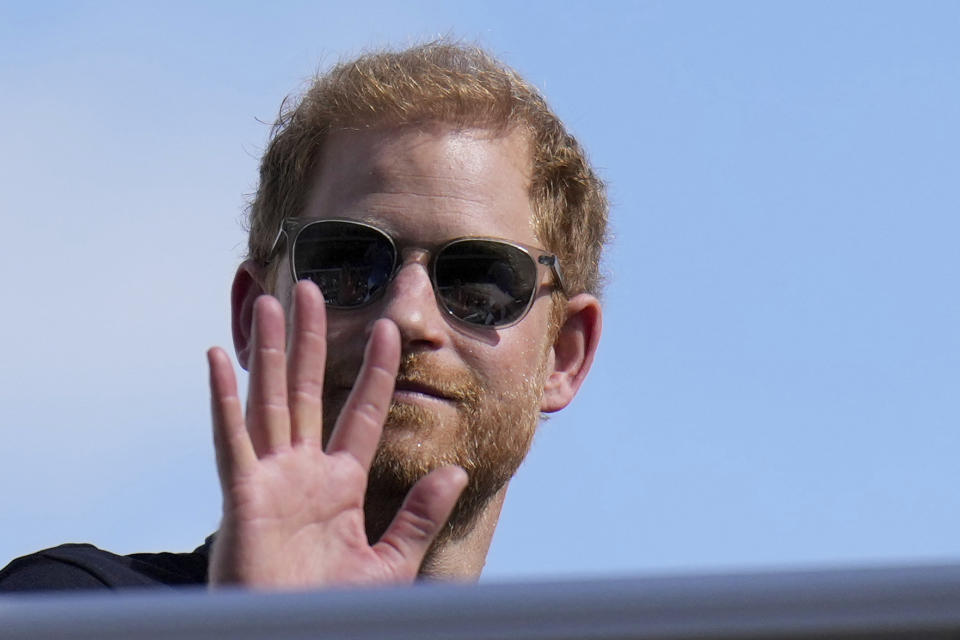As the United Kingdom marks a full year under King Charles III, the monarchy is facing unprecedented challenges.
The once-steadfast institution is now under intense scrutiny, grappling with shifting public perceptions, generational divides, and complex family dynamics.
What initially seemed like a hopeful new chapter has turned into a critical juncture for the royal family’s future.
King Charles III’s reign has not been without its controversies.
As debates swirl around public funding and relevance in contemporary Britain, the monarchy finds itself navigating a storm of criticism.
Recent insights from key family members, including Princess Anne and Prince William, have only added to the conversation, bringing both unexpected revelations and new hurdles to address.
For decades, Queen Elizabeth II embodied stability and tradition, earning deep respect from the British public.
However, her passing in 2022 signaled the end of an era, leaving King Charles III to steer the monarchy through uncertain waters.
Polls indicate a troubling trend: about one-third of Britons hold a negative view of the monarchy, with younger generations feeling increasingly disconnected from this historic institution.
This generational gap is particularly striking, as many young people perceive the monarchy as out of touch with modern values.
Calls to abolish the monarchy, once deemed unthinkable, are gaining traction.
In response, King Charles has undertaken efforts to modernize the royal family.
His coronation in May 2023 was notably smaller and less extravagant than his mother’s, reflecting the ongoing cost-of-living crisis affecting millions across the UK.
Yet, even this scaled-back ceremony came with a hefty price tag of £72 million.
Critics have questioned whether such expenses can be justified during tough economic times, arguing that gestures of restraint do little to mend the growing divide between the monarchy and its disillusioned subjects.
Throughout his life, Charles has often been viewed as a polarizing figure, overshadowed by the legacy of his late ex-wife, Princess Diana, and the ambitions of his sons.
Now, as king, he aims to redefine his role as a unifying force, championing causes like climate change and sustainability.
However, the transition from Prince of Wales to monarch is fraught with challenges, as public expectations weigh heavily on his shoulders.
Princess Anne, known for her dedication and no-nonsense attitude, has remained a steadfast presence within the royal family.
Her recent comments about her brother’s reign provide a rare glimpse into her perspective.
While she admires Charles’s commitment, she acknowledges the unique difficulties he faces as the monarchy adapts to a rapidly changing world.
In contrast, Prince William represents a more progressive vision for the future of the monarchy.
As the direct heir to the throne, he is keen on modernizing the royal image and making it more relatable to a younger audience.
His plans include streamlining the number of working royals, creating a more focused and efficient institution.
However, William’s approach comes with its own set of risks.
Critics argue that efforts to modernize could undermine the mystique that has long captivated the public.
Even his choice of casual attire during a visit to South Africa sparked debate, with some praising his down-to-earth style while others felt it detracted from the dignity of his position.
The dynamics among Charles, Anne, and William illustrate the complexities of balancing personal relationships with public duties.
While traditionally reticent about family matters, both Anne and William have recently opened up, hinting at a willingness to engage with the pressing debates surrounding the monarchy.
Their differing perspectives reflect the internal struggles as they navigate these tumultuous times.
One of the most contentious issues remains the financial burden of the monarchy on taxpayers.
The £72 million spent on Charles’s coronation reignited discussions about whether the benefits of the monarchy outweigh its costs.
Supporters argue that the royal family generates significant revenue through tourism, while critics counter that such economic contributions do not justify extravagant expenditures.
As King Charles III completes his first year on the throne, the monarchy stands at a pivotal crossroads.
Public opinion is sharply divided, and the internal tensions among the royal family mirror broader societal debates about tradition, relevance, and reform.
The upcoming year will be vital in shaping King Charles’s legacy and determining whether the monarchy can successfully bridge the gap between tradition and modernity.
These questions loom large for both the royal family and the nation.
Can the monarchy adapt to meet the demands of a changing society, or will it continue to face calls for abolition?
The decisions made in this critical period will undoubtedly resonate for generations to come, underscoring the delicate balance between tradition and progress that the monarchy must navigate moving forward.
Related Stories

